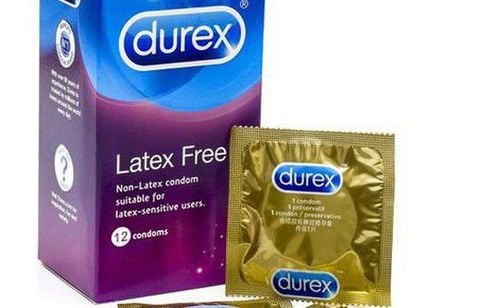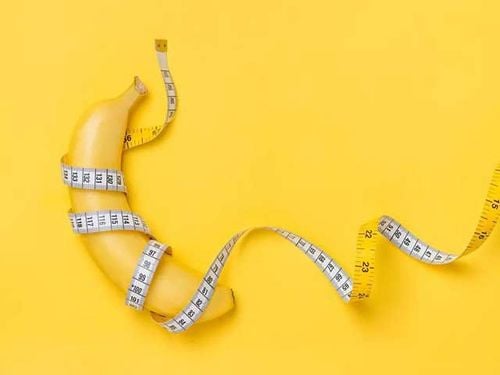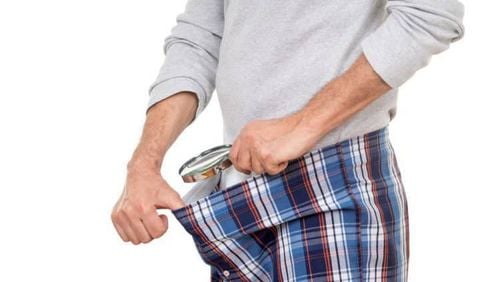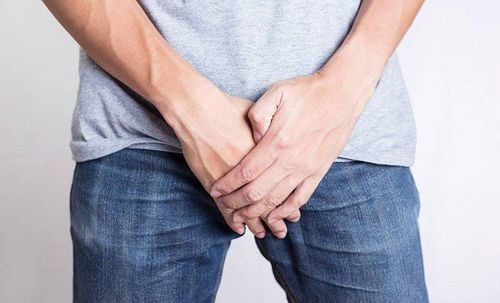The penis is an important male reproductive organ. For men, the size of the penis is a symbol of strength, masculinity, and sexual ability. This size can be improved during the period when the penis develops most strongly.
1. At what age does the penis start and stop developing?
The penis starts developing between the ages of 10 and 14 under the influence of growth hormones. You need to adapt to these changes to transition into adulthood. The penis will stop developing between the ages of 16 and 21 when it has reached its standard size.
The penis changes both in size and function. In terms of size, it will develop sequentially from length to width. The penis only develops strongly for a period, then stops and continues to develop again. The testicles will gradually increase in size, and pubic hair will start to grow. In terms of function, the penis begins to erect in response to sexual stimulation.
The penis can continue to develop for 1-2 years after height growth stops, or 4-6 years after the testicles have fully developed. Generally, the size of the penis will reach its standard size by the age of 18-21.
The size of the penis does not depend on the time it starts developing early or late. It depends more on the amount of hormone secreted during puberty.
2. What is the normal size of the penis?
The size of a man's penis varies under the influence of sex hormones, specifically:
- The average length of a flaccid penis is from 3.4 - 3.7 inches
- The average length of an erect penis is from 5.1 - 5.7 inches
- The average circumference of an erect penis is from 3.5 - 3.9 inches
In fact, condoms are sized similarly to the penis, with most fitting an erect penis.
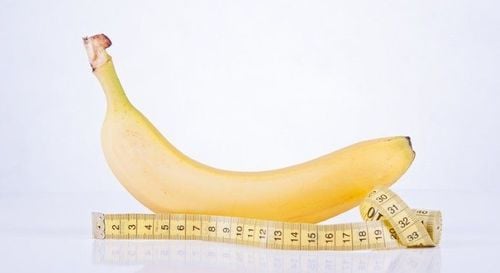
3. Is a small penis size a health problem?
You should not be worried about the size of your penis because it does not cause any significant impact on psychological and sexual issues, specifically:
3.1 Erection ability
The size of the penis when flaccid does not reflect its size when erect. In many cases, a relatively small flaccid penis can become quite large when erect.
3.2 Pleasure
The size of the penis does not significantly affect the pleasure of both partners during sexual intercourse. The most important thing is the feeling of "desire for each other" of both.
3.3 Relationship between penis size and other body parts
The size of a man's penis does not correlate with the size or development of other body parts, such as hands, feet, facial hair, or baldness. Therefore, there are no clear external signs that can be used to evaluate penis size.
If puberty is delayed or you are worried about an abnormal small penis size, you can see a doctor for consultation and to identify any health issues (if any). You need to be honest and not shy when providing information to the doctor to receive an accurate diagnosis and proper treatment.
4. What can you do to increase penis size?
Topical medications and traditional medicines sold on the market have not been proven to increase penis size. Here are some treatment methods for the penis and related health issues:
4.1 Surgery
Surgical procedures can increase the length of the penis by cutting the ligament that attaches the penis to the pubic bone. This surgery can reduce your ability to have an erection.
4.2 Vacuum pump
A vacuum pump can improve erectile dysfunction to achieve the desired erection but does not increase the length and thickness of the penis.
4.3 Testosterone supplements
Many people believe that testosterone supplements can promote penis size increase. However, testosterone supplements sold on the market are numerous but of limited quality. It is best to see a doctor for advice on choosing safe products. Testosterone supplements can promote penis size increase.
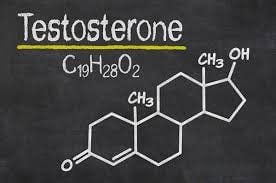
5. Diseases affecting penis size
The ability to develop penis size is affected by the micropenis syndrome. This condition occurs in children with a penis size below the normal level. That is, when the penis size of a small child has a length of less than 1.1 inches (average size 1.1 - 1.6 inches) and a circumference of less than 0.35 inches (average circumference from 0.35 - 0.5 inches).
Micropenis occurs due to endocrine disorders, which affect the pituitary gland or hypothalamus, thereby inhibiting penis development. Parents with children suffering from micropenis syndrome should take them to medical facilities for timely examination and treatment to avoid affecting future reproductive functions.
6. How does the penis change with age?
Along with the aging process of the body, the function and size of the penis also gradually decline, specifically:
6.1 Pubic hair
Like hair growing on other parts of the body, pubic hair will thin and may turn gray.
6.2 Penis size
The size of the penis changes. You may feel it shrink over time. Especially for those with a lot of fat on the pubic bone (just above the penis), as this area sags with age, it will make the penis size look even smaller.
6.3 Penis shape
As you get older, you are prone to Peyronie's disease, a condition caused by physical trauma, often due to the penis being bent over time during sexual intercourse. The disease only occurs in a small number of men, affecting the length, diameter, and function of the penis.
6.4 Testicles
The testicles produce sperm. When testosterone levels decrease, the amount of sperm produced will also decrease, causing the testicles to shrink. The size of the testicles will continue to shrink if hormone replacement therapy is performed. Because of this, the pituitary gland will stop sending signals to the testicles to produce testosterone.
6.5 Scrotum
The scrotum's job is to manage the temperature of the testicles. The scrotum is lined with a smooth muscle mass that pulls the testicles close to the body to keep warm or relaxes to cool down. As you age, these muscles no longer function effectively. This causes a loss of temperature balance, affecting the elasticity of the skin, making the sagging condition worse.
6.6 Hydrocele
Hydrocele affects the penis, specifically causing the scrotum to sag after the age of 40. The disease occurs when fluid accumulates in one or both testicles
6.7 Penile Function
As you grow old, the nerves in your penis become less sensitive, causing issues with arousal and achieving orgasm. Along with decreasing testosterone levels, you are more prone to erectile dysfunction. The degree of erection decreases but does not eliminate your ability to have intercourse. The biggest cause of reduced erectile ability is the penis's inability to retain blood. You may notice this through erections that only last for a short time. Changes in sexual organs are a normal part of aging. You should talk to your doctor if age-related changes are affecting your life and relationships to find timely treatment options.
To arrange an appointment, please call HOTLINE or make your reservation directly HERE. You may also download the MyVinmec app to schedule appointments faster and manage your reservations more conveniently.
Articles refer to sources: webmd.com, verywellhealth.com, healthline.com






